
18 years of silently waiting for a miracle
For many infertile couples, the saying "while there's life there's hope" is not only a word of encouragement but also a philosophy of life, a race of faith.
But for the man in this story, that was meaningless. He was diagnosed with complete azoospermia, meaning there was absolutely no sperm in his semen.
In the rare semen samples that do contain sperm, the number is scattered across a few individuals, too few to perform any assisted reproductive techniques, including in vitro fertilization (IVF).
“We tried everything. Years of treatment, many rounds of IVF, each time a gamble of hope and then disappointment,” the wife shared. “Gradually, we learned to live without waiting anymore. We still love each other, still go together, but the child has become a distant dream.”
In that seemingly hopeless situation, they agreed to try a last option: STAR technology, short for Sperm Tracking and Recovery , an artificial intelligence system developed by experts at the Reproductive Center at Columbia University (USA).
AI finds life from the smallest thing
Unlike manual methods that rely on microscopes, STAR is designed to act as an artificial brain, capable of capturing up to 8 million images in less than an hour.
Then analyze using machine learning models to determine the location and activity of each sperm, including the weakest and rarest individuals.
“We had a sample that took us two days to find sperm and still didn’t find anything. But STAR found 44 sperm in just one hour,” Dr. Williams said. “We knew right away that this technology was going to be a game changer.”
Of the sperms found, the three healthiest individuals were selected for in vitro fertilization. And the miracle happened when the wife became pregnant, a completely natural pregnancy, without complications.
“I had to see the ultrasound image to believe it,” she said emotionally. “Every morning when I wake up, I still can’t believe I’m carrying a life inside me. But it’s true after 18 years.”
The story not only brings hope to the couple, but also opens up new prospects for millions of people with azoospermia around the world .
STAR does not create sperm, but can optimize the search and exploitation of what was thought to be lost.
In an age where AI is often talked about as a matter of risk and control, technology like STAR shows that artificial intelligence, when placed in the right place, can bring not only results but also life, hope and a future.
(According to CNN)
Source: https://vietnamnet.vn/18-nam-vo-sinh-ai-quet-8-trieu-anh-tim-thay-tinh-trung-2418816.html



![[Photo] Hanoians stay up all night waiting for the parade rehearsal on the occasion of the Great Festival](https://vphoto.vietnam.vn/thumb/1200x675/vietnam/resource/IMAGE/2025/8/30/d14625501aee42e28bbd5227a1ff2b11)
![[Photo] International military delegation participates in rehearsal at Ba Dinh Square](https://vphoto.vietnam.vn/thumb/1200x675/vietnam/resource/IMAGE/2025/8/30/1fe13d6df1534ce8a798fa91962ed487)
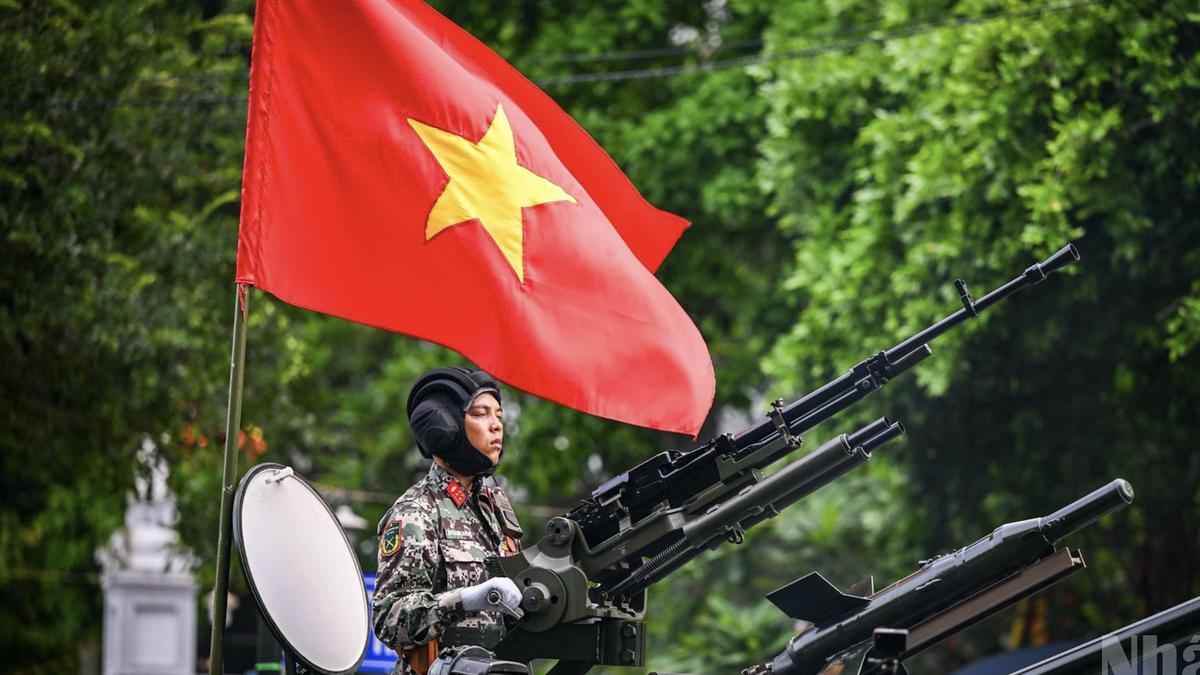
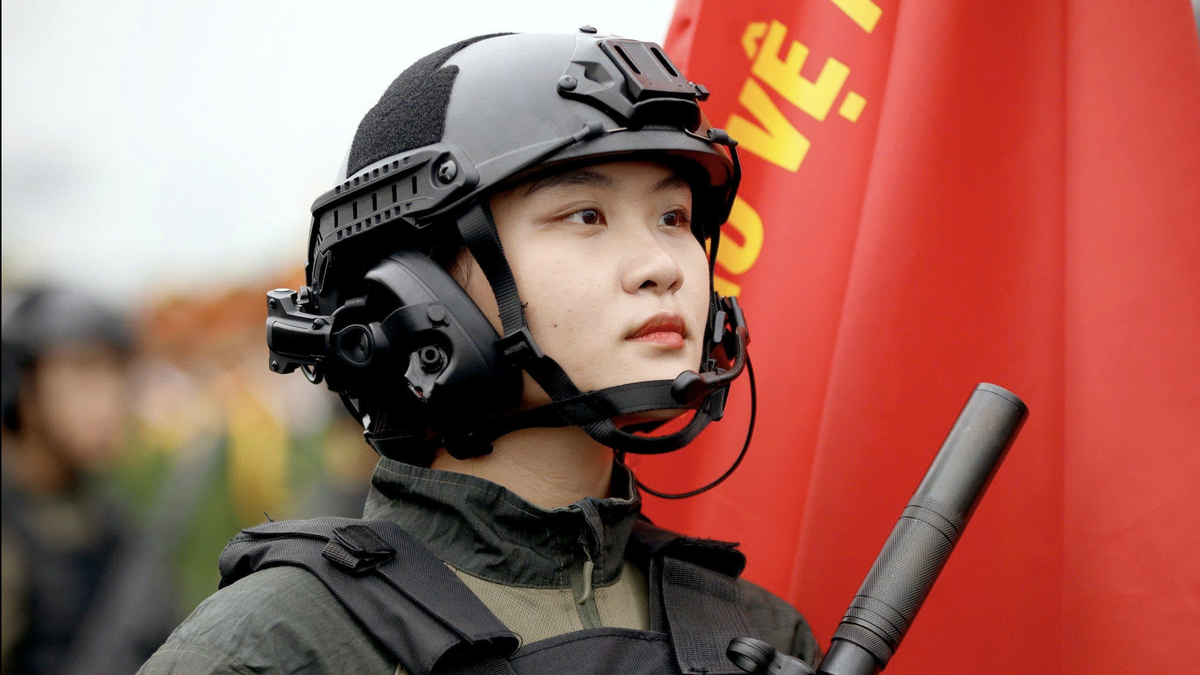
![[Photo] Snail noodle dish makes Liuzhou city, China famous](https://vphoto.vietnam.vn/thumb/1200x675/vietnam/resource/IMAGE/2025/8/30/56e738ed891c40cda33e4b85524e30d3)
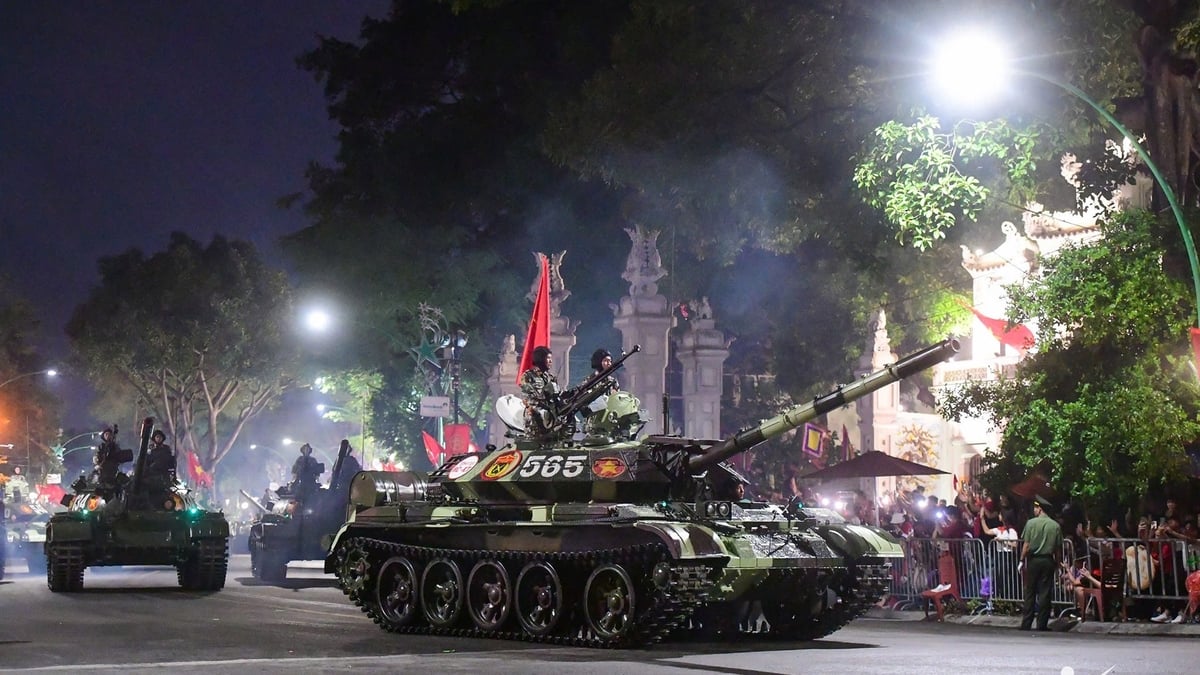

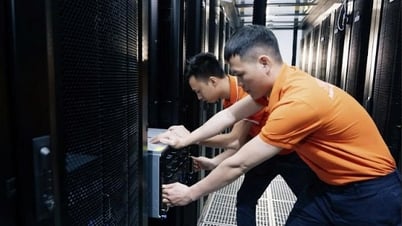

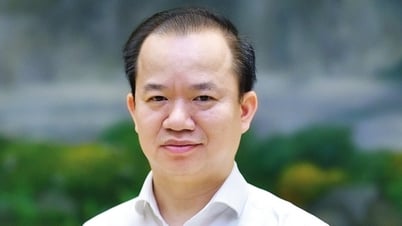

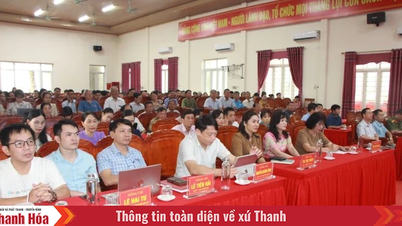

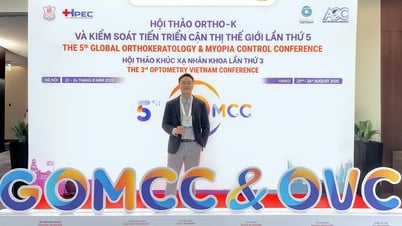


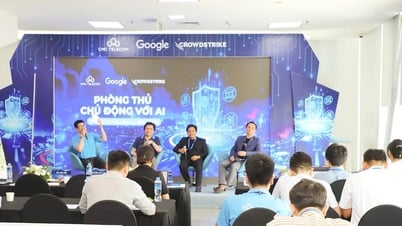


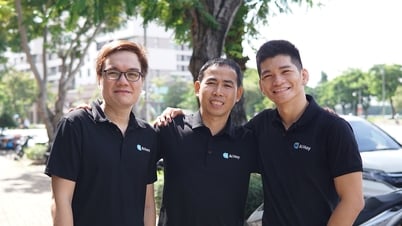

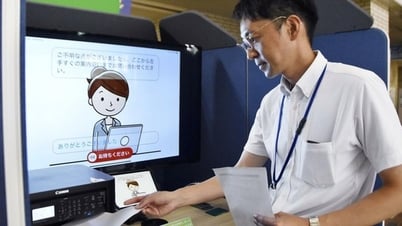





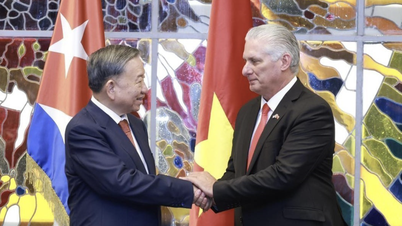



















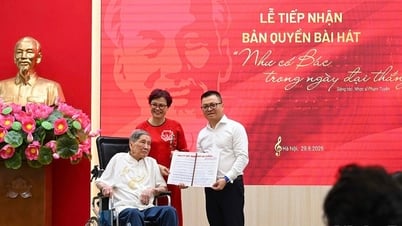




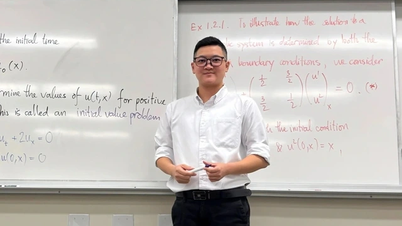
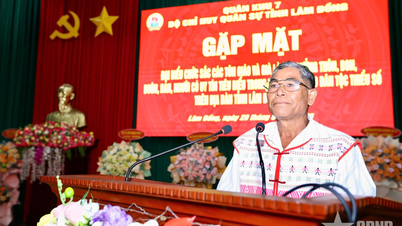





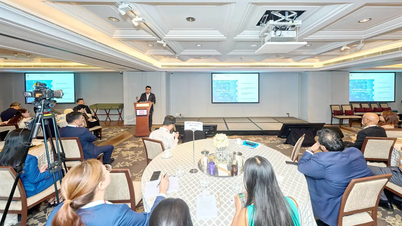
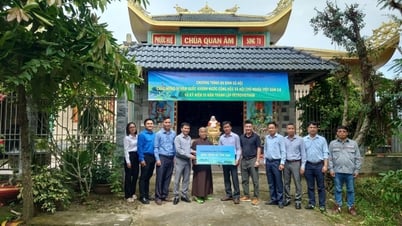

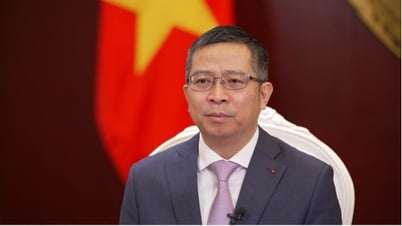

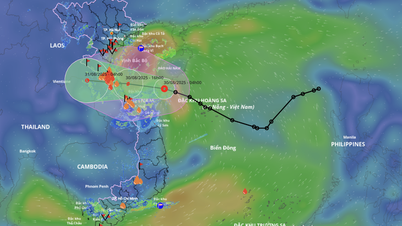

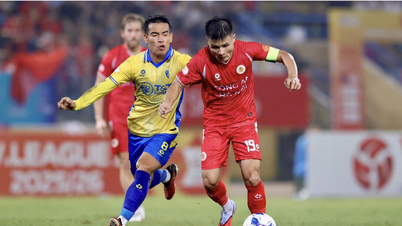






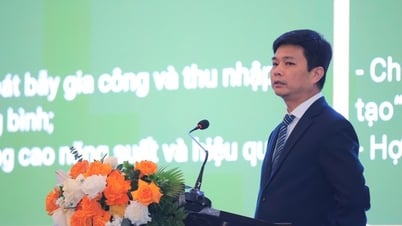






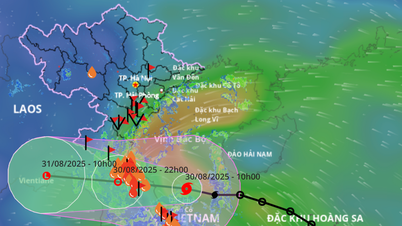

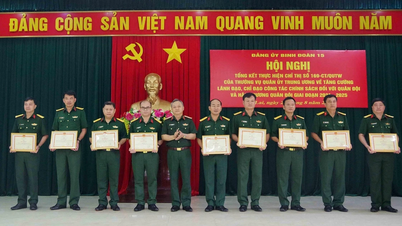

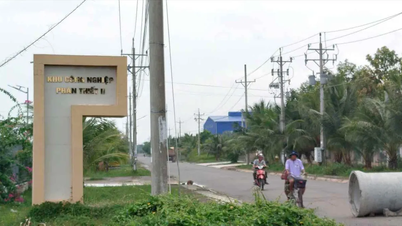



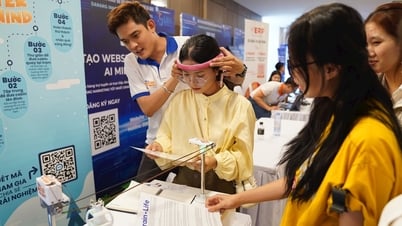







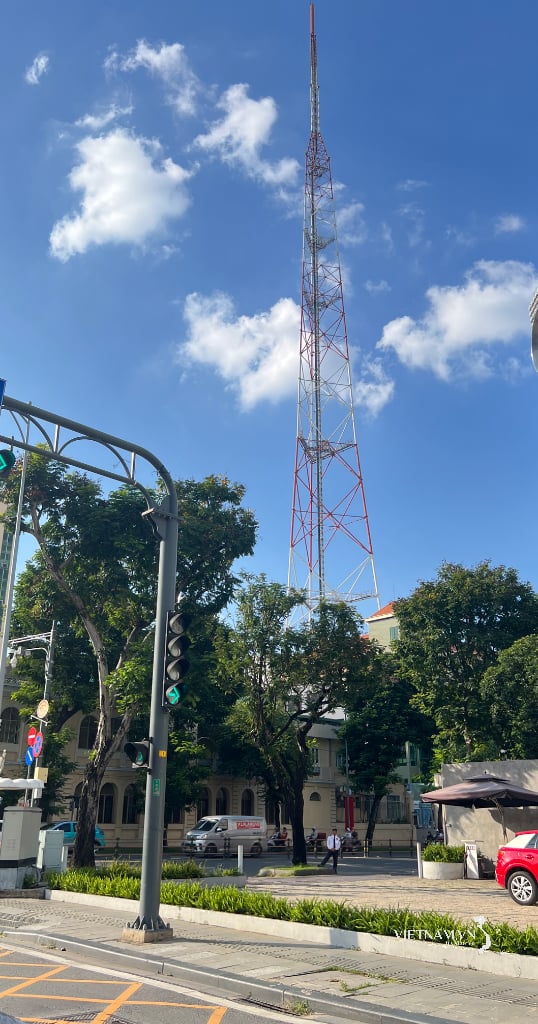


Comment (0)